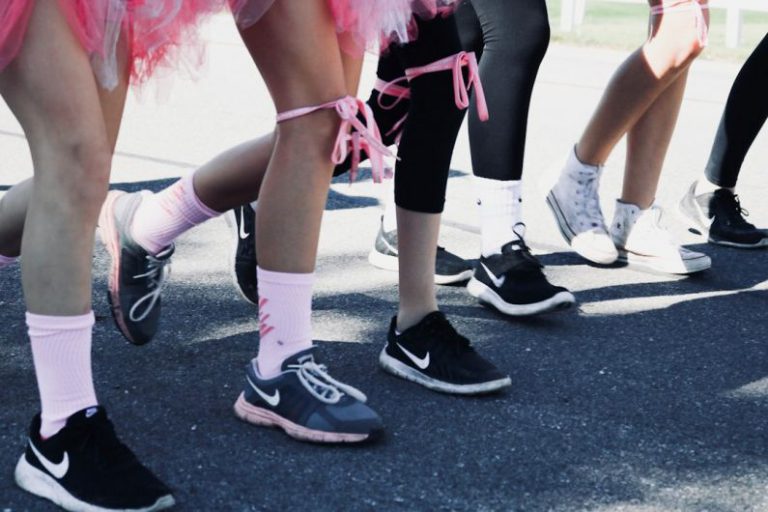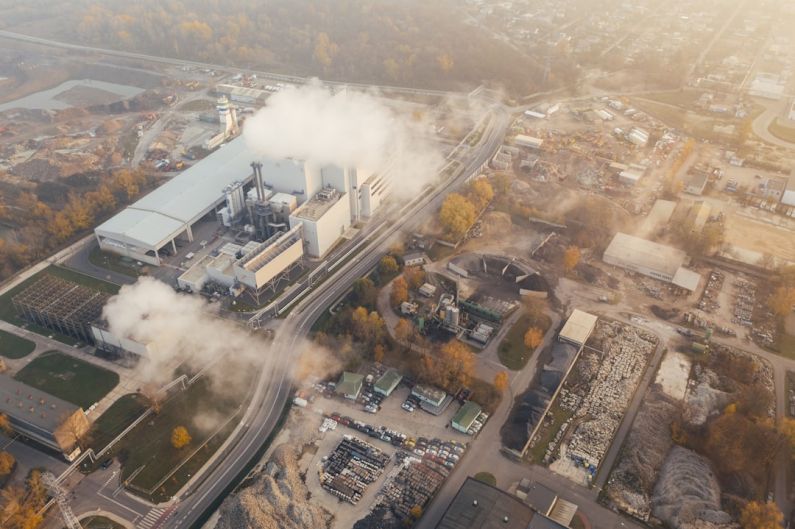Setting up Free Libraries in Neighbourhoods
In today’s fast-paced world, where digital media dominates the way we consume information, the traditional concept of libraries seems to be fading away. However, there is a growing movement to bring back the sense of community and love for books by setting up free libraries in neighbourhoods. These small, accessible libraries are popping up all over the world, providing a space for individuals to share and borrow books without any cost. In this article, we will explore the benefits of setting up free libraries and how you can start one in your own neighbourhood.
Creating a Sense of Community
One of the primary advantages of setting up free libraries is the sense of community it fosters. In a world where people are often disconnected from their neighbours, these libraries become a gathering place for book lovers and enthusiasts. They provide a platform for people to meet, discuss literature, and share their love for reading. The exchange of books creates a sense of camaraderie, as individuals come together to share their knowledge and experiences through their favourite reads.
Promoting Literacy
Another crucial benefit of free libraries is the promotion of literacy. By making books readily available to everyone, regardless of their socioeconomic background, these libraries contribute to reducing illiteracy rates. People who may not have access to books due to financial constraints or limited resources can now easily borrow and read a variety of literature. This accessibility to books nurtures a love for reading, which is essential for personal growth, education, and intellectual development.
Encouraging Sustainable Practices
Setting up free libraries also promotes sustainable practices. Instead of books collecting dust on shelves or ending up in landfills, these libraries give them a second life. People can donate their old books to the library, ensuring that they are being reused and enjoyed by others. This not only reduces waste but also contributes to the circular economy by encouraging the reuse and sharing of resources.
How to Start a Free Library in Your Neighbourhood
Starting a free library in your neighbourhood is easier than you might think. Here are some simple steps to get you started:
1. Find a Location: Look for a suitable location where the library can be easily accessible to the community. It could be a park, a community centre, or even your own front yard.
2. Gather Books: Reach out to friends, family, and neighbours to collect books for the library. Consider organizing a book drive to involve the entire community in the process.
3. Build or Repurpose a Bookshelf: Create a space to house the books by building or repurposing a bookshelf. Make sure it is sturdy and weather-resistant if the library will be placed outdoors.
4. Spread the Word: Use social media platforms, community bulletin boards, and local newspapers to spread the word about your free library. Encourage people to visit, borrow books, and donate their own.
5. Maintain and Engage: Regularly check the library to ensure it stays organized and well-stocked. Consider hosting events such as book clubs or author talks to engage the community and keep the library alive.
Conclusion: A Hub of Knowledge and Connection
In conclusion, setting up free libraries in neighbourhoods is a wonderful way to create a sense of community, promote literacy, and encourage sustainable practices. These libraries serve as hubs of knowledge and connection, bringing people together through their shared love for books. By taking a few simple steps, anyone can start a free library and make a positive impact in their own neighbourhood. So, why not join this movement and bring the joy of reading back to your community?






